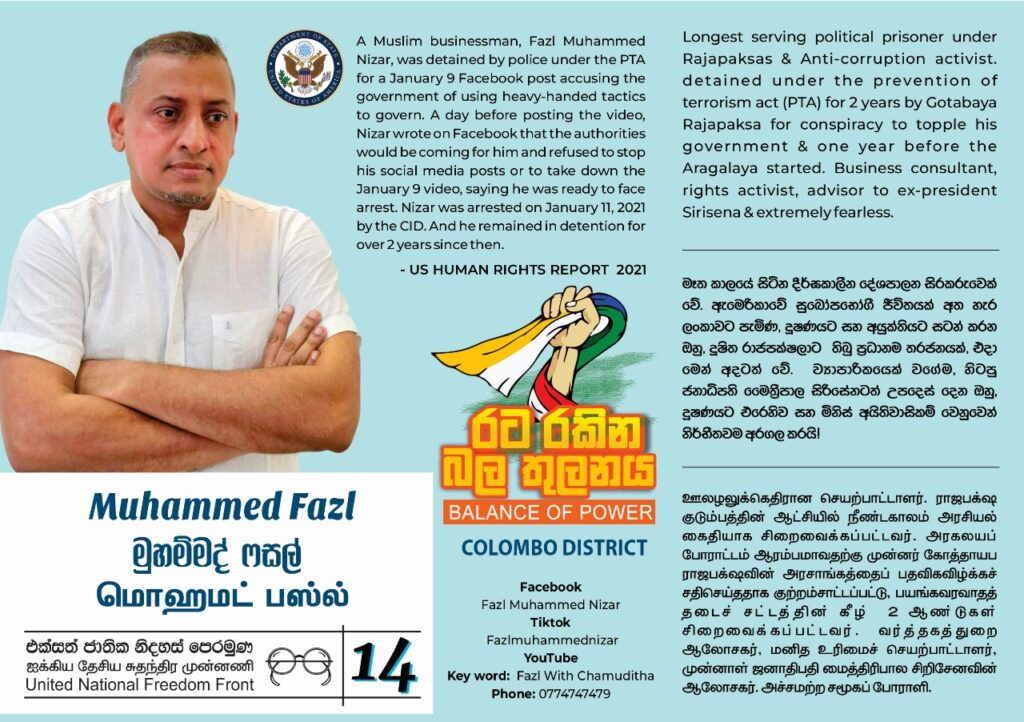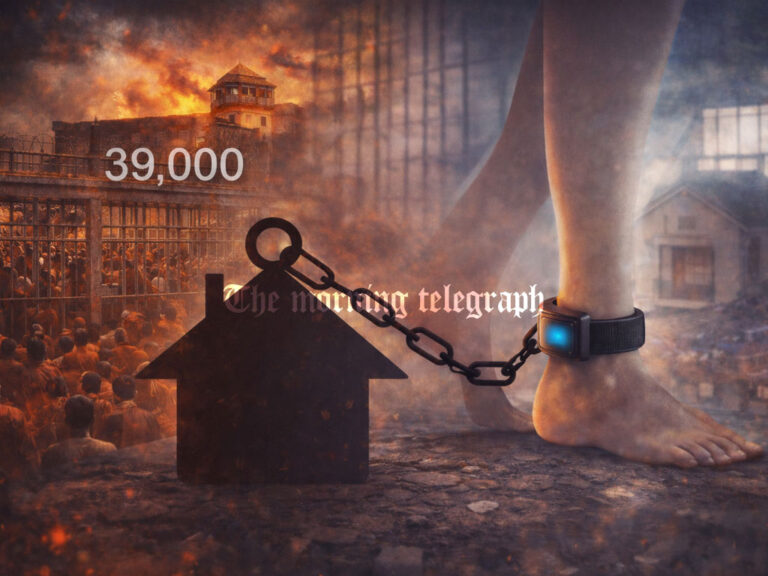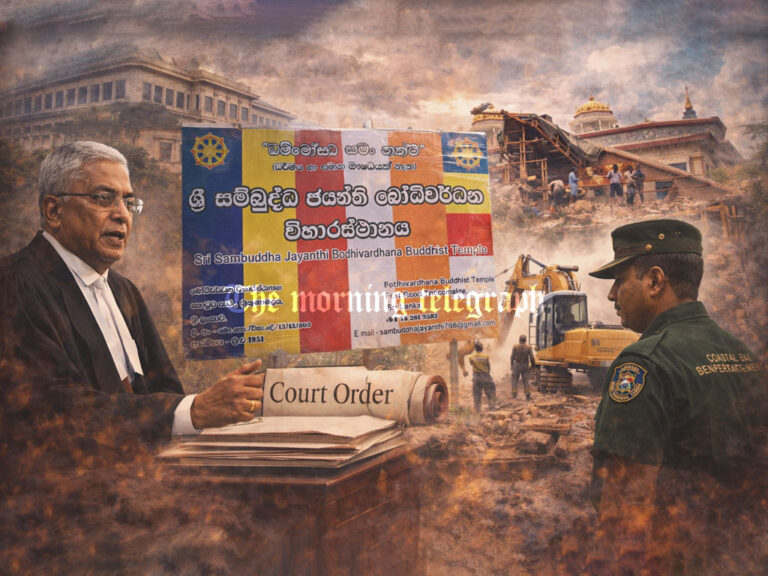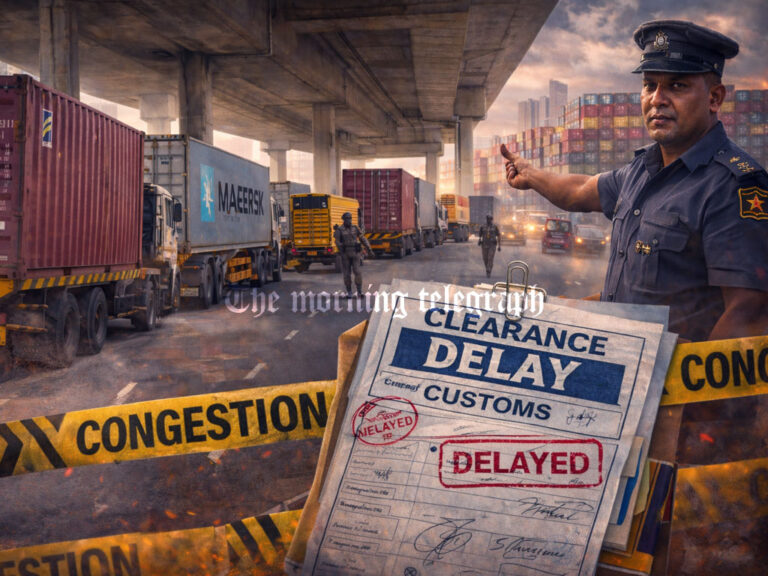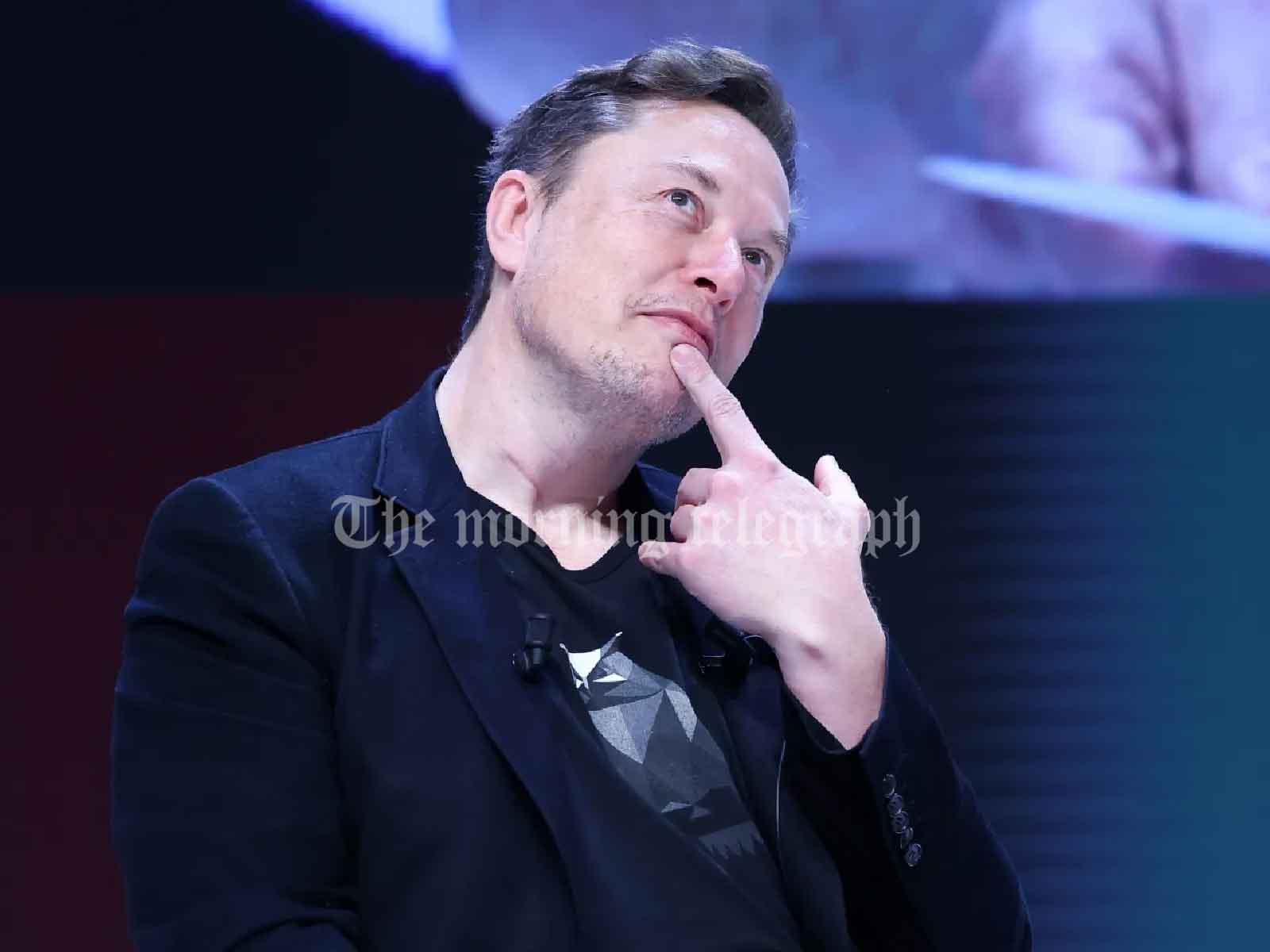
The National Highway Traffic Safety Administration (NHTSA) has issued a warning to Tesla, claiming that its social media posts could mislead the public into believing that its vehicles, equipped with the Full Self-Driving (FSD) system, are fully autonomous or capable of operating as “robotaxis.” The NHTSA expressed concern that these communications could cause drivers to engage in risky behaviors, assuming that the cars can drive themselves without human intervention.
Gregory Magno, a division chief at NHTSA’s Office of Defects Investigations, sent a letter to Tesla’s board in May, which was made public this week. He pointed out that Tesla’s posts on X (formerly Twitter), some of which endorsed or re-shared content of drivers behaving irresponsibly while using the FSD system, could be misinterpreted by viewers. Tesla’s Full Self-Driving system, while advanced, is not fully autonomous and still requires the driver to maintain control of the vehicle—being ready to intervene at any moment.
Magno specifically cited posts showing drivers using the FSD system in dangerous contexts, such as driving while fatigued or potentially impaired. In one post, a Tesla driver used FSD to travel to a hospital during a suspected heart attack. Another post showed a driver taking a 50-minute ride home after a sporting event, suggesting that FSD could be used for long trips with minimal human effort.
The NHTSA’s warning comes amid an ongoing investigation into potential safety defects related to Tesla’s FSD system, which has been involved in multiple crashes, including a fatal incident where a pedestrian was killed. The agency has asked Tesla to clarify its messaging to ensure that it aligns with the actual capabilities of its technology. Tesla must respond by December 18, and failure to do so could result in penalties of up to $135.8 million. Tesla has the option to request an extension.
The warning also highlights concerns over Tesla’s promotional messaging, which appears to imply that the cars can be used as robotaxis, despite the fact that FSD requires constant driver supervision. NHTSA urged the company to ensure that its communications are consistent with the actual level of automation available in their vehicles.
Tesla has yet to respond publicly to the NHTSA’s request, but the company is under pressure to address the concerns, particularly as it faces increased scrutiny over the safety of its semi-autonomous technology. Tesla’s shares, however, have seen significant growth since the recent U.S. elections, surging by 28% in just three trading days, pushing the company’s market cap beyond $1 trillion.
Tesla’s CEO, Elon Musk, a prominent supporter of President-elect Donald Trump, has also been a vocal advocate for reducing federal regulations and cutting spending, including in the area of vehicle safety standards. Musk is also pushing for the creation of a federal safety standard for autonomous vehicles.
Read the NHTSA Letter to Tesla HERE

